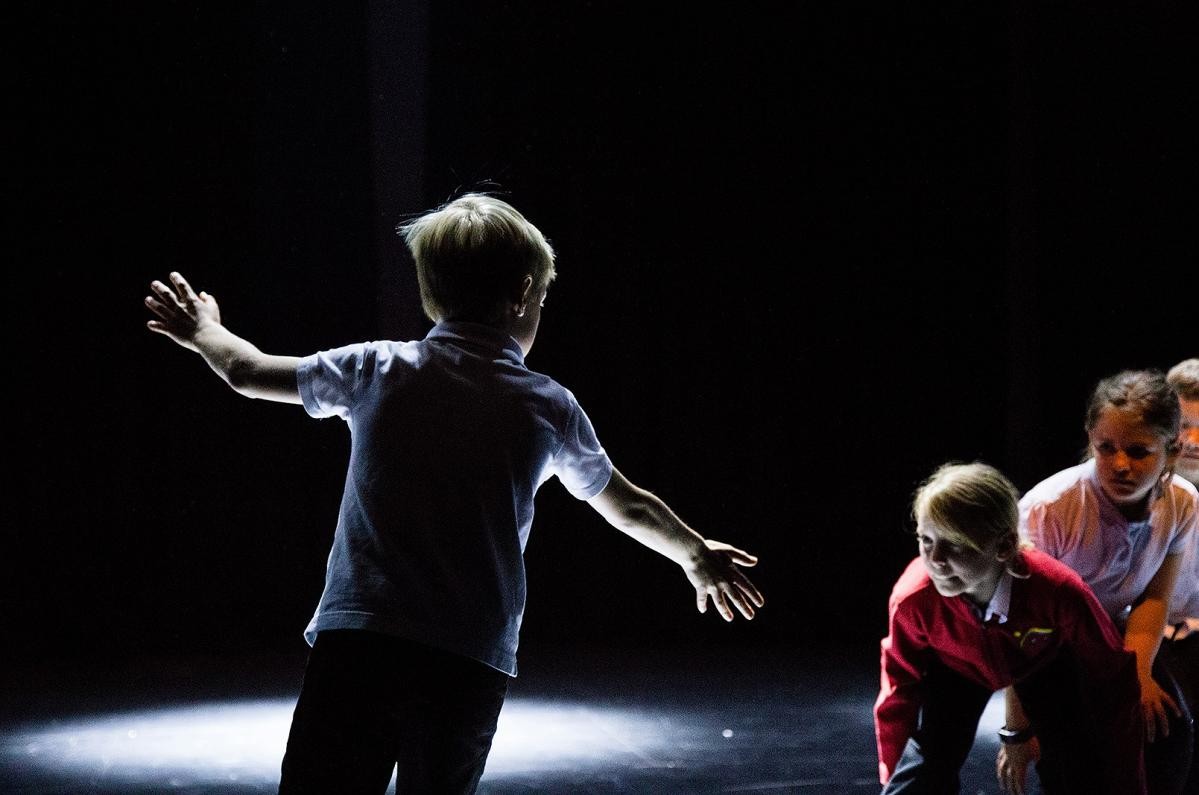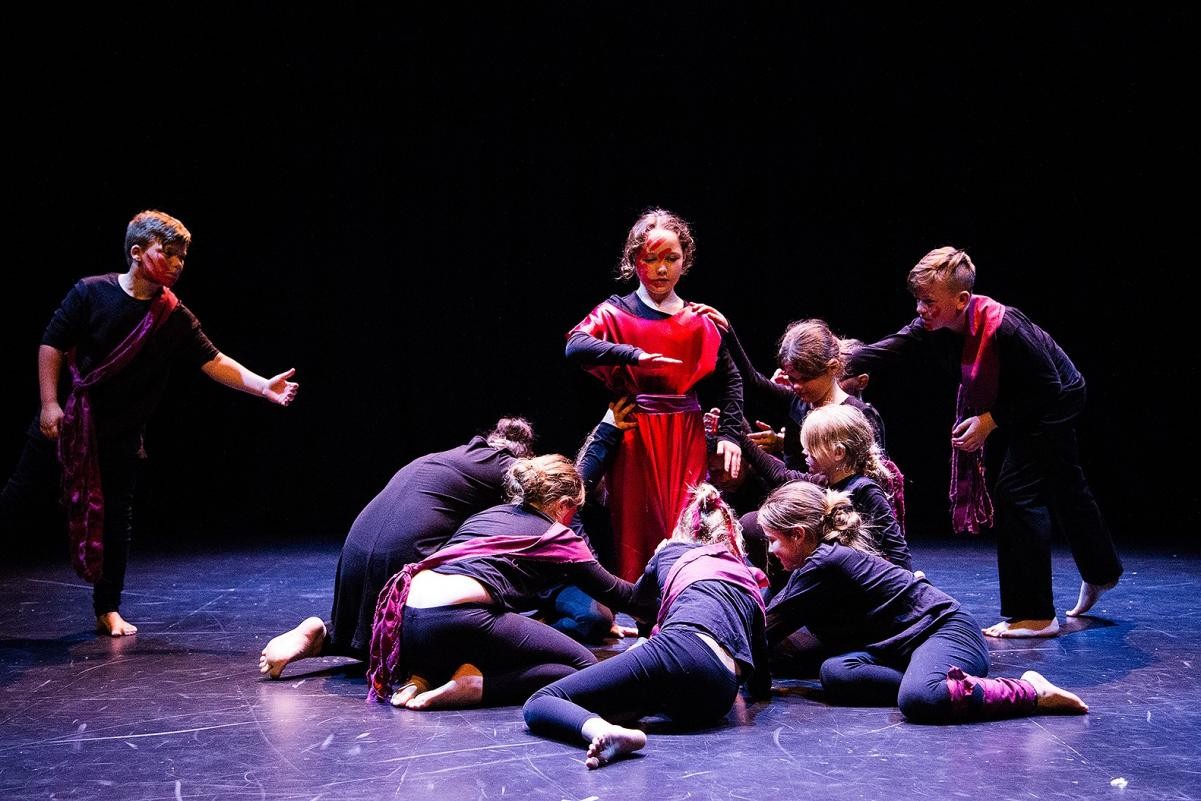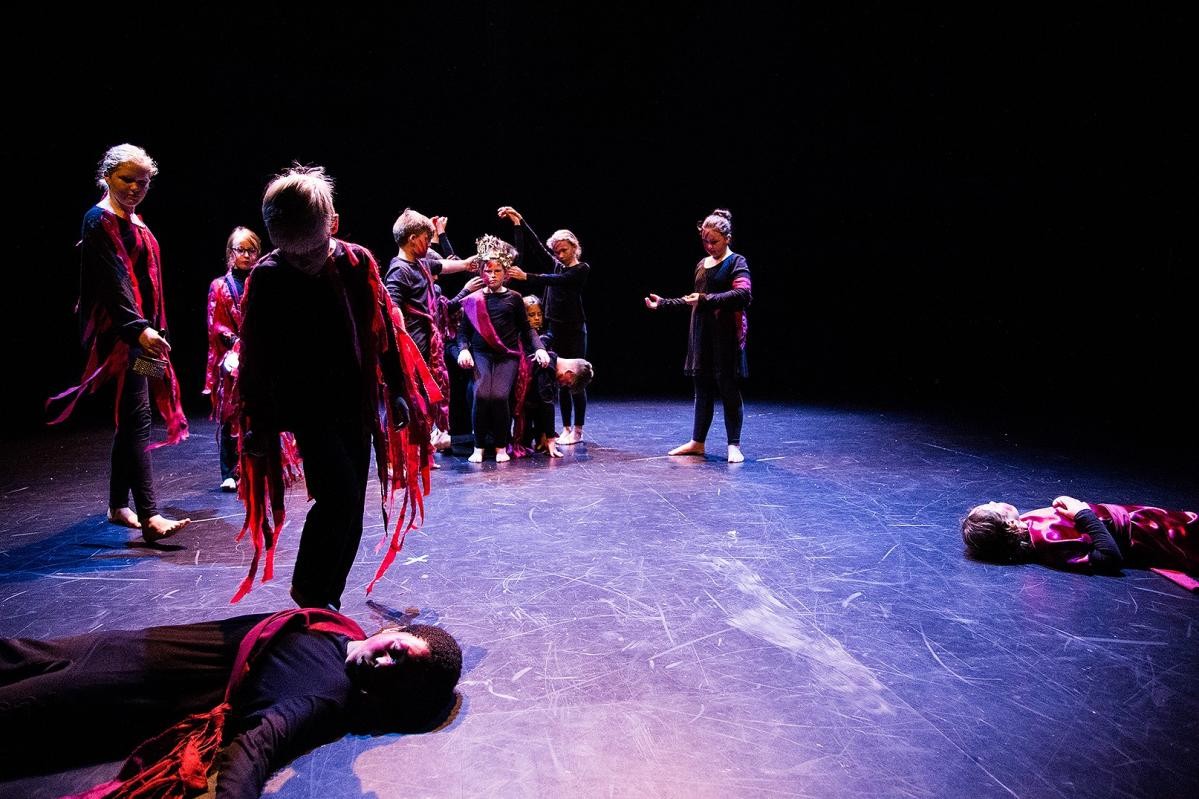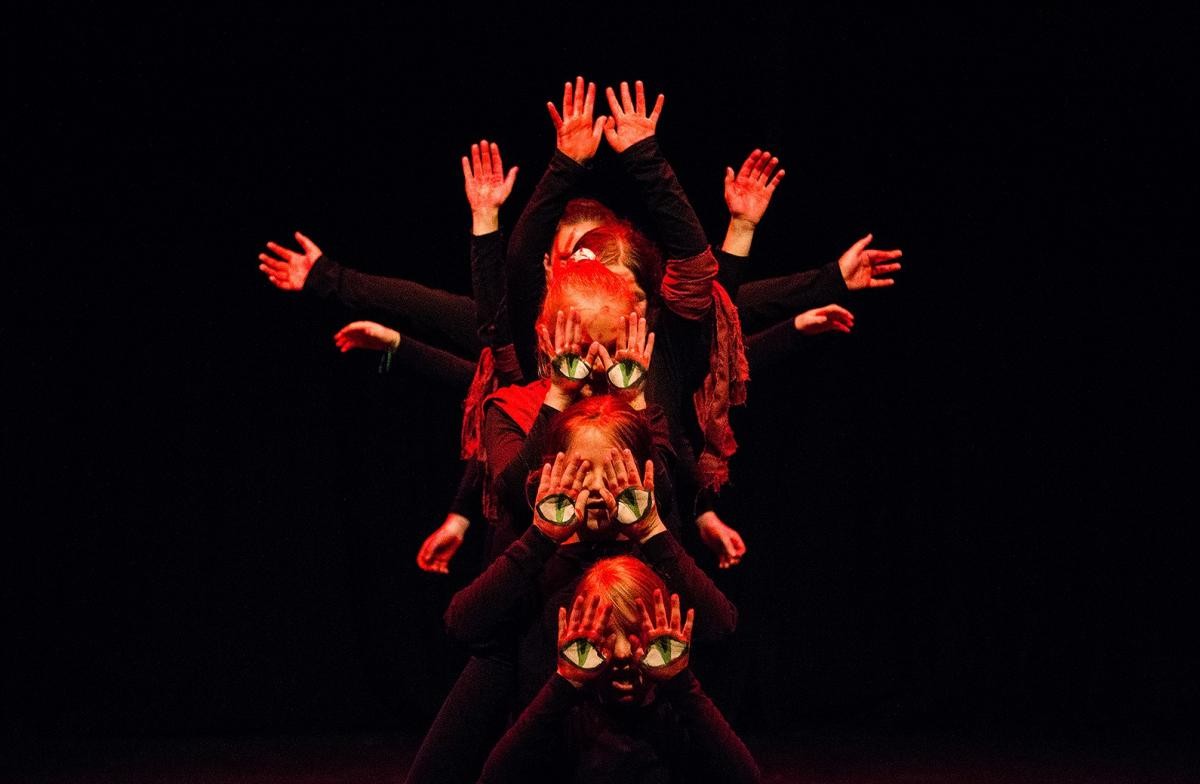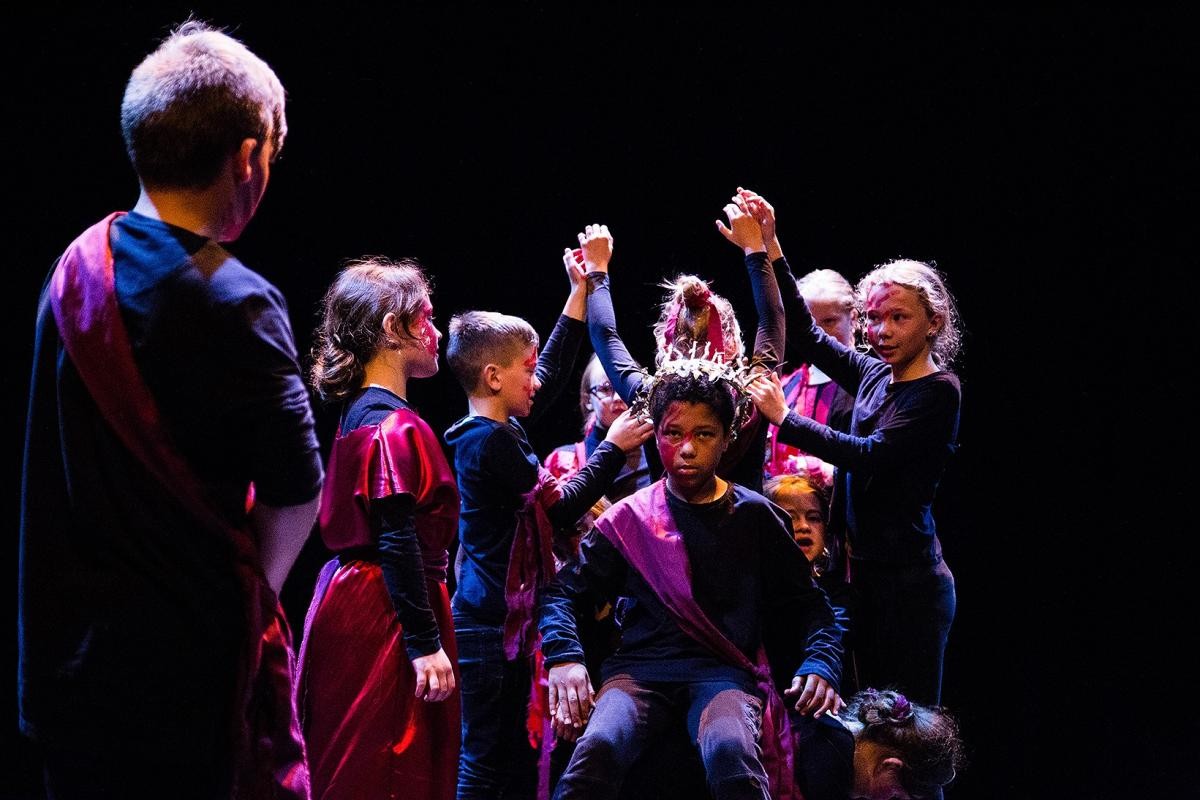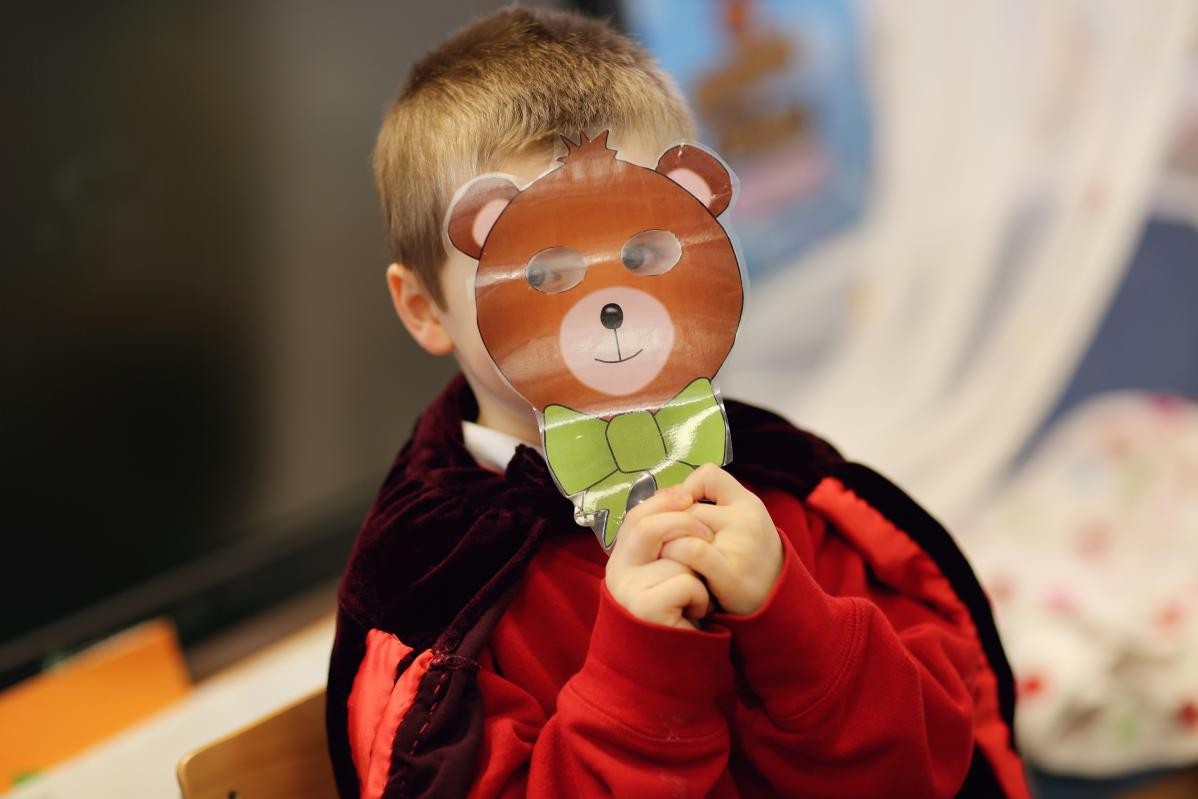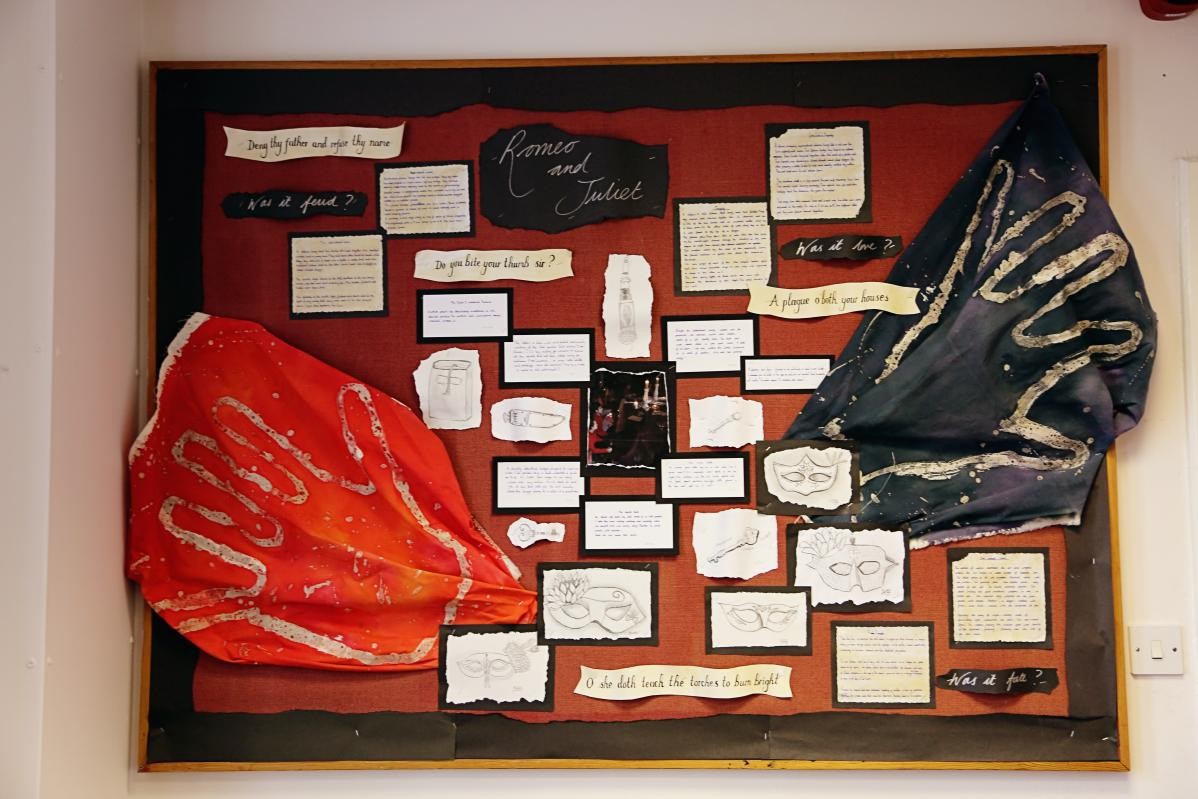Enrichment, Expectation and Ownership an English Curriculum Driven by Excellence
It is our core belief that all children should experience success and enjoyment in speaking, listening, reading and writing - and this comes directly from the expectation that they should have ownership of the process from the outset. We aim to enrich their language experience through the provision of an environment filled with opportunities to question, plan, draft and evaluate their own and each-others' work, thereby involving them in a cycle of choice and self-review which will empower them as positive, independent, articulate learners for life.
At Delabole Primary School we recognise the acquisition and development of language skills as a fundamental part of children's learning. It constitutes a driving force in the development of thought, learning and creativity across our Enquiry Curriculum and, in this capacity, must play a significant role in all learning situations. As a result, English is given a high priority in the life of the school and is embedded at the very heart of our learning. Through each of its forms - speaking and listening, reading and writing - it is truly cross-curricular and as such embodies all that is central to and progressive in our thinking.
We believe that, through language, we develop an individual's potential for effective interaction with the world at large and the capacity for reflection and a sense of self. It is the tool by which we are able to look both beyond ourselves and within ourselves.
Crucially, we understand that language development cannot be assumed, it must be planned for thoughtfully and thoroughly, reflecting meticulous attention to structure and progression. Children come to our school with widely varying degrees of knowledge about language. It is our belief that, at each stage of their development, children should be given the opportunity to experience a variety of real contexts in which to practise, apply and extend their skills so that they become competent communicators, articulate collaborators and reflective thinkers.

